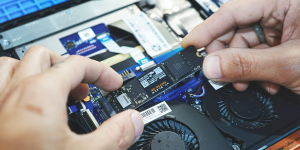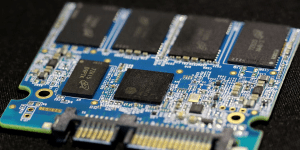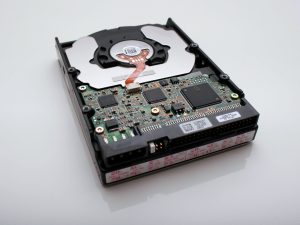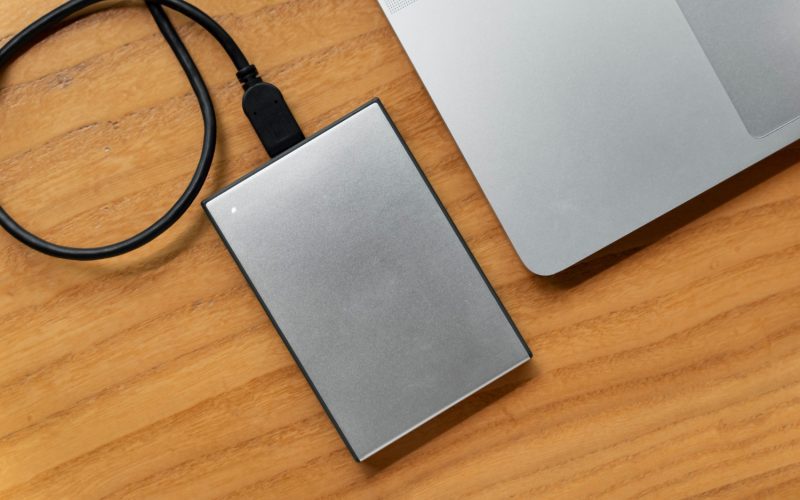Content Focus:
This article aims to provide readers with a comprehensive understanding of the longevity of Solid State Drives (SSDs) compared to Hard Disk Drives (HDDs). It explains the factors influencing SSD lifespan, addresses misconceptions, and guides readers in making informed decisions when choosing between SSDs and HDDs.
Intended Audience:
This content is designed for individuals seeking information about the durability and lifespan of SSDs versus HDDs. It’s beneficial for both tech-savvy users and those with limited technical knowledge, as it presents complex concepts in an easily understandable manner.
Introduction: SSD Lifespan vs. HDD
Solid State Drives (SSDs) have revolutionized computer storage with their speed and reliability, prompting the age-old debate: How long do SSDs last compared to Hard Disk Drives (HDDs)? While concerns about SSD longevity were valid in the past, advancements have bridged the gap between the two technologies.
Determining SSD Longevity
The incredible speed boost SSDs offer over HDDs comes with a trade-off. SSDs have a limited number of write cycles, after which they enter read-only mode. Factors influencing SSD lifespan include drive age, terabytes written over time (TBW), and drive writes per day (DWPD). These metrics collectively determine how long an SSD will endure.

Understanding SSD Cell Types
Different SSD cell types play a role in their longevity. Single-level cells (SLCs) boast the highest endurance, followed by multi-level cells (MLCs), triple-level cells (TLCs), and quad-level cells (QLCs). However, it’s essential to note that these figures can vary based on SSD type and manufacturer.

Comparing SSDs and HDDs: The Longevity Factor
Contrary to common misconceptions, modern SSDs can match or even surpass HDDs in terms of lifespan. For everyday use, an SSD’s reliability is on par with an HDD’s, if not better. While HDDs may seem cost-effective for mass storage, the price difference is justified by the speed and durability of SSDs. Additionally, HDDs are susceptible to physical wear due to moving parts and can be compromised by strong magnets.

Conclusion
In the realm of SSD vs. HDD longevity, SSDs have emerged as formidable contenders. Thanks to technological advancements and a better understanding of SSD design, the once-significant gap in lifespan has diminished. Choosing between SSDs and HDDs now boils down to the specific needs of the user. For most, the longevity and performance of SSDs make them an ideal choice for modern computing.












